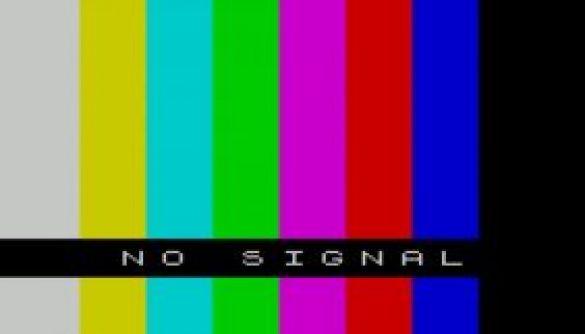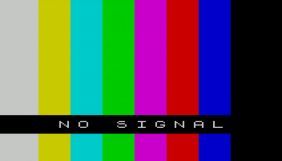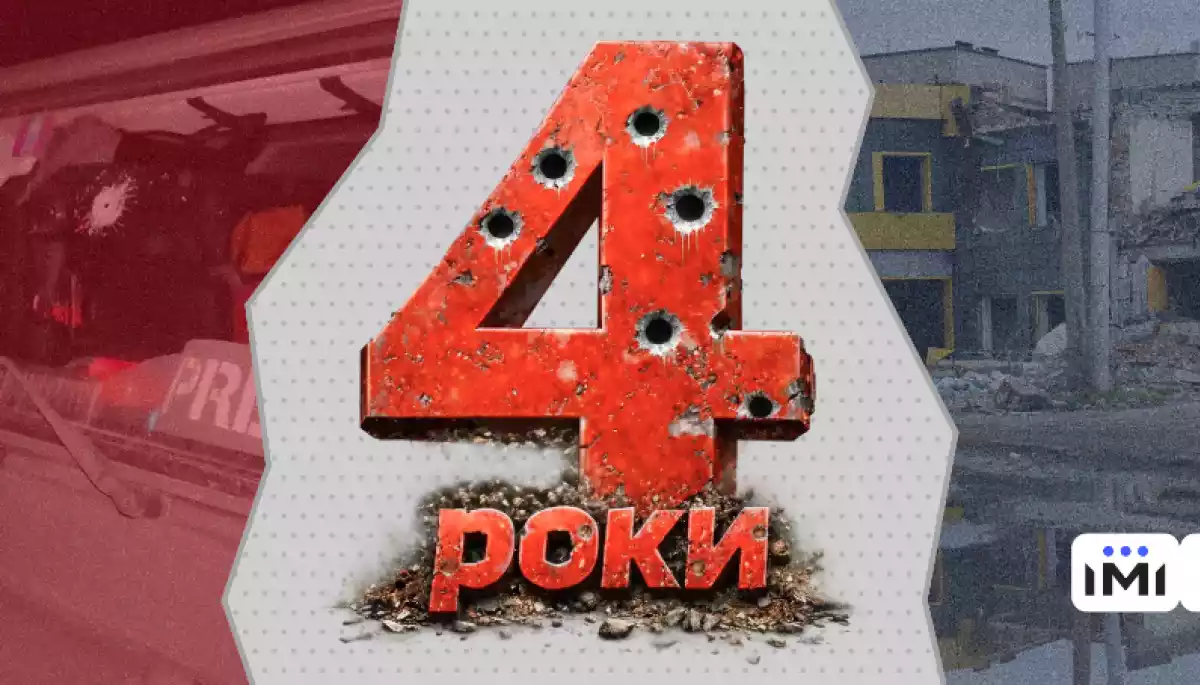
Statement by media organizations: It is our responsibility to defend ourselves
Statement by media organizations: It is our responsibility to defend ourselves


Читайте українською тут.
In today's world, the relationship between freedom of speech and propaganda has become much more complex. Propaganda, disinformation and malicious information operations often use freedom of speech against itself. They use democracy to bring down democracy. Such is the strategy of Kremlin propaganda efforts in Ukraine and in many other countries of the world.
Today, the threat to freedom of speech is not limited to direct censorship or repressions. This threat is also an imitation of freedom of speech. In this imitation, information is used not as a means to establish the truth and support public debate, but as a means of inflicting deliberate and systematic harm on individuals, communities or states.
Propaganda and malicious informational influences have always been the beginning of something far worse. Genocide and big crimes first begin in the minds of a few people and then of millions. That is why it is so important to combat propaganda.
We also need to understand today's challenges. If earlier democracies could find the weaknesses of authoritarian regimes to spread the values of human dignity, rights and freedoms, today the opposite is true - authoritarian regimes have learned to find the weaknesses of democracies to undermine them from within. They parasitize on democratic values to destroy those democracies. That is why democracies need to become stronger and more determined. They need to realize that they are at risk.
There has long been an understanding in Ukraine that freedom should not only be supported but also defended. That is why Ukrainian experts have long been talking about the need to find a balance between freedom and security. If democracies are not secure, there will be no freedom. If Ukraine does not defend its sovereignty against the attack of Russian authoritarianism, we will have no human rights.
That is why we believe that the work of the channels affiliated with Medvedchuk is not a question of freedom of speech in Ukraine, but that of security. Not even because of what they say, but because of who they are connected to and where they come from. Any information resources, financially linked to the aggressor state or to those having a close relationship with the main culprit of the current war, the Russian president, cannot work in a country that has been the victim of external aggression. Every minute of their broadcasting is marred with the blood of Ukrainians.
We therefore support the decision by the National Security and Defense Council and the President of Ukraine to impose sanctions on the individuals connected with these TV channels’ activities. However, we realize that this is only the first step. Democracy has to be defended, and it should be done in a democratic way and according to the principles of the rule of law. That is why Ukraine needs to update its media legislation and provide the regulator (given its competence and independence) with appropriate tools to respond to violations and cases of using the media for special information operations.
The situation in Ukraine is unique in many respects. It is here that some challenges arise that later pop up in other countries. Today, in the Western world, the debate has shifted to technology. They say that the algorithms of large technology companies are to blame for the spread of propaganda, polarization, and hatred. But that is a shift in the debate in the wrong direction. There are always people behind algorithms, and sometimes states. Politics is always behind technology. Therefore, the problem of disinformation and propaganda today is a political problem in the first place, and only then a technological one. Based on its experience, Ukraine has a chance to influence global discussions on information issues - primarily through our being conscious of the security and political dimensions of current information trends.
Internews Ukraine
Center for Democracy and Rule of Law
Institute of Mass Information
Souspilnist Foundation
Press Development Institute
Detector Media











